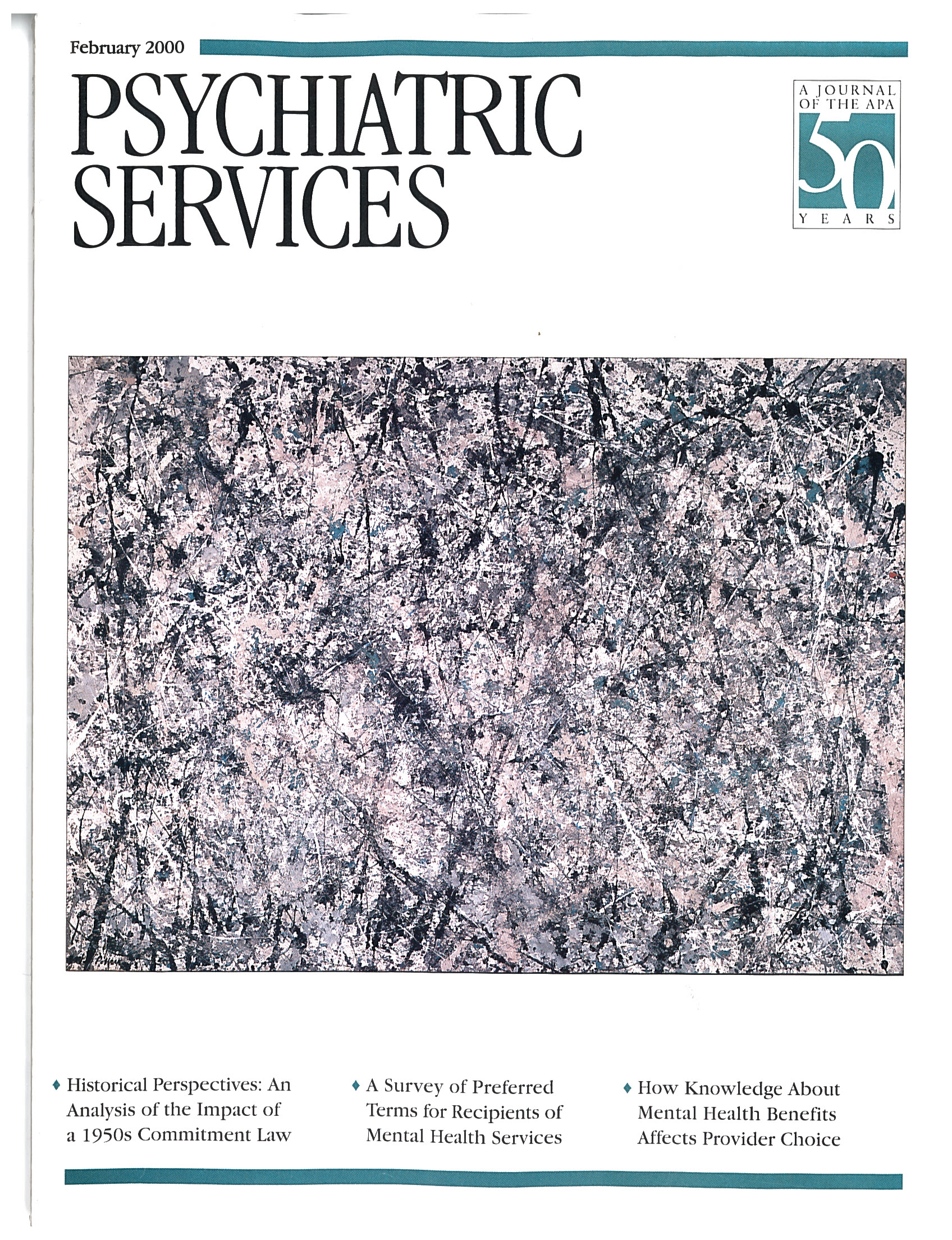Women's Work: A Survey of Scholarship by and About Women
This book is intended as an introductory text for women's studies courses. It takes a different approach from the usual text in that it organizes women's issues by discipline, such as sociology or psychology, rather than by topic, such as reproductive rights or employment equity. The editor is a member of the psychology faculty at Clarion University in Clarion, Pennsylvania, and several of the chapter authors are her colleagues. The aim is to give students a sense of what feminist inquiry includes in these various fields, with the hope that they will decide to pursue further study. Most chapters do a competent job of cataloging the work, but only a few are likely to inspire interest and attract new recruits.
The editor's introductory chapter on women's studies and feminist theory sets the tone; it provides a brief history of the various feminist schools that have evolved in an attempt to redress inequities. But the author provides only a cursory analysis of the strengths and limitations of the political and theoretical approaches that she summarizes. I doubt that students, without more assistance from an informed guide, will be intellectually or emotionally engaged by the ideas and movements that are presented.
For mental health professionals with an interest in women's studies, most of the material covered within related disciplines will be familiar. The chapter on the psychology of women reviews research on sex differences and sex roles; chapters on women in science and on feminist research methods attack "positivist" science and argue for use of qualitative methods, a theme that is repeated in several of the other chapters. Little of the content about women's health issues or about gender and communication will be new for an informed mental health professional.
Occasionally, as in the sociology section, it is instructive and encouraging to review the history of the women's movement and the progress that has been made in defining and addressing certain issues, such as sexual harassment and domestic violence. A chapter describing the basic anatomy and physiology of female reproduction certainly does not do justice to medical science as a method for investigating women's issues.
Summaries from disciplines not typically considered in relation to women's issues provide the most interesting reading. Discussions of women's issues in geography, anthropology, art history, philosophy, and business offer overviews of academic disciplines that have tackled gender issues from perspectives that many of us have not considered, at least in any depth. For example, the discussion of the influence of capitalism and gender on the spatial organization of society provides intriguing arguments about the ways in which city spaces can be oppressive or liberating for women. However, the omission of history is surprising, given its importance in our perceptions of gender roles.
For those who want a compilation of women's studies topics and references in a straightforward and easily accessible format, Women's Work may serve as a useful resource. For those interested in exploring new ways of studying and thinking about gender issues, selected chapters will be of value. But those who are seeking critical, in-depth analysis or groundbreaking new research should look elsewhere.
Dr. Goering is professor in the department of psychiatry at the University of Toronto.



